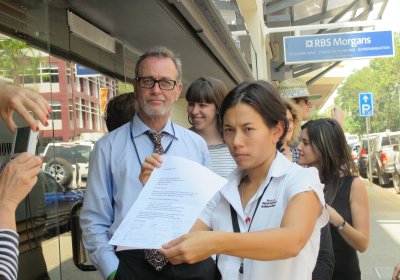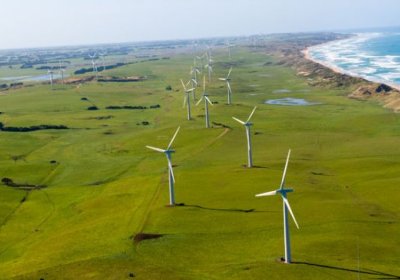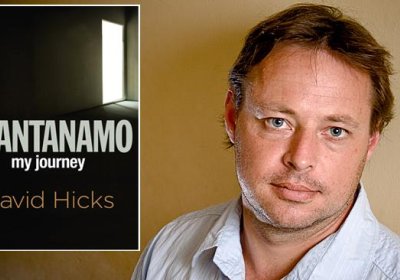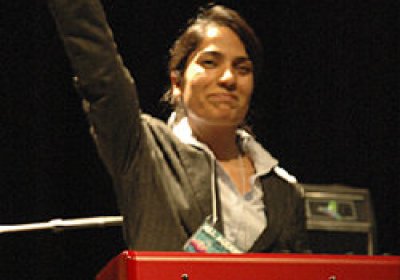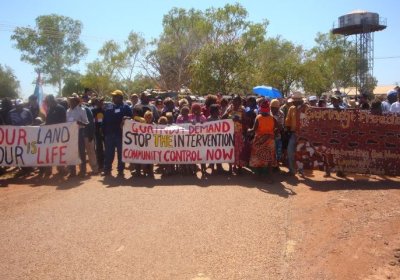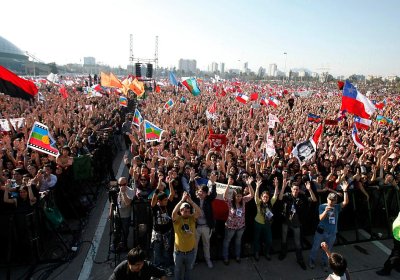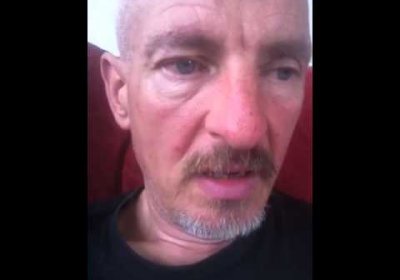Issue 894
News
If you’ve even casually followed the climate debate in Australia over the past few years, it’s most likely you’ve heard a Labor or Liberal party politician utter the phrase: “Governments should not pick winners.” The idea is that governments’ role is not to give direct support to renewable energy such as wind power or solar power, but instead to create the market conditions where the best, most efficient technology can come to the fore. But the argument is always used as an excuse for why governments cannot pick clean, renewable energy.
Marking the 10th anniversary of the Tampa scandal, when the former John Howard government refused to allow the MV Tampa to dock in Australia after it had rescued asylum seekers at sea, close to 100 refugee rights activists converged on the Perth detention centre outside the domestic airport on August 27.
Analysis
Malalai Joya is a writer, activist and former parliamentarian in the national assembly of Afghanistan. Prior to speaking at two Overland events at the 2011 Melbourne Writers’ Festival, she discussed occupation and resistance in Afghanistan today.
“It’s just a great honour to be here,” iconic singer-songwriter Paul Kelly told Green Left Weekly. “What happened here is a fascinating and amazing story.” Kev Carmody, another legend of Australian music, added: “It’s brought all these people together from diverse backgrounds and from all across the country and it’s an honour to the strength of Gurindji people.”
World
In July, in response to a polemical document issued by a number of critics of the Morales government, Bolivian vice-president Alvaro Garcia Linera published a lengthy response.
Culture
I am and have always been a pro-active pacifist.. I long and pray for a peaceful caring world. A world of respect and sharing. Whats happened in London and Birmingham and Liverpool and what will be the rest of the country deeply upsets me.



